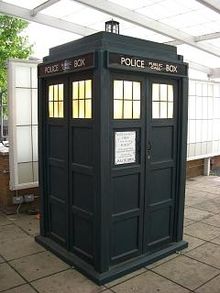 Bible Translation really isn’t rocket science. OK, there are lots of tricky technical aspects to it which are far from easy, but the basic principles about why translation needs to happen are quite straightforward. To illustrate this, I’m knicking the whole of a post from Archdruid Eileen, which captures the issue pretty well:
Bible Translation really isn’t rocket science. OK, there are lots of tricky technical aspects to it which are far from easy, but the basic principles about why translation needs to happen are quite straightforward. To illustrate this, I’m knicking the whole of a post from Archdruid Eileen, which captures the issue pretty well:
Just a thought, really.
Let’s take the words of Jesus and consider that they would have been spoken in Aramaic, in all likelihood.
Somebody translated that into Greek. And then St Matthew (let’s suppose it’s the Beatitudes we’re talking about here) gathered and maybe regularised the Greek interpretations of what Jesus said on the Mount.
Or if it were the Matthew, maybe he did the translation himself, from the Aramaic in his own memory.
Modern Bible translators take that Greek translation and turn it into English.
Now if you’re King James to the bone, then you’ve got to then make the act of translation from KJV to your own thought-forms. Although, to be fair, if you’re that much of a KJV wallah your thought-forms may well be 17th Century anyway.
And after those 2-3 acts of translation, chances are you’ll still end up with the words “hunger and thirst after righteousness”, or something similar. So if you want to explain that to a non-Christian you’ll need to do another translation step.
It strikes me the options to improve the situation are this, in descending order of utility in accurately understanding the words of our Lord:
1) Invent the Tardis and go back to the 1st Century Middle East, taking everybody you might want to share your faith with, with you.
2) Learn Koine Greek. Better, learn it yourself and then teach it to all your friends.
3) Don’t keep shouting at your friends in KJV English.
4) Try and think of a good way of saying “hunger and thirst after righteousness”.